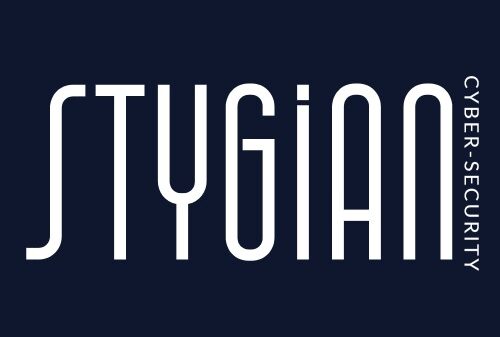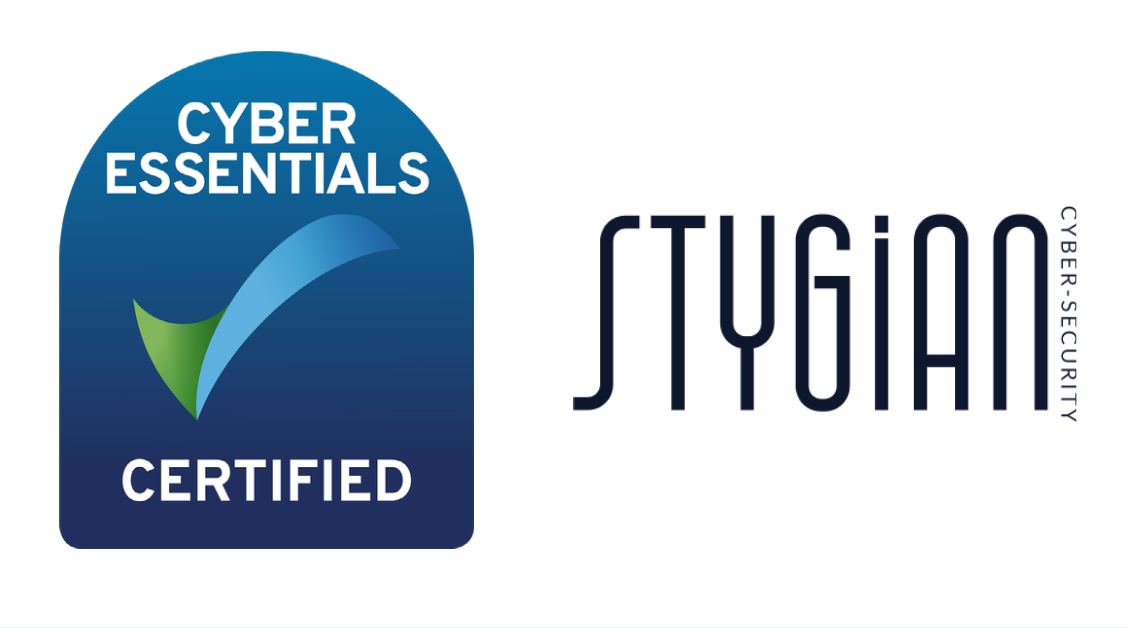What Is Cyber Essentials?
Cyber Essentials is a UK government-backed certification scheme that helps businesses of all sizes to protect themselves against common cyber threats. The scheme is designed to provide a baseline level of cybersecurity that all organizations should implement to reduce the risk of cyber attacks. Cyber Essentials certification demonstrates to customers, suppliers, and stakeholders that your business takes cybersecurity seriously and has taken steps to secure its systems and data.
Why Does Cyber Essentials Matter?
Cyber Essentials certification is increasingly becoming a requirement for businesses that want to bid for government contracts or work with larger companies. It’s also a valuable marketing tool that can help businesses differentiate themselves from their competitors and demonstrate their commitment to cybersecurity. In addition, obtaining Cyber Essentials certification can help businesses identify potential vulnerabilities in their systems and processes, and take steps to address them before they are exploited by cybercriminals.
How to Get Certified
To obtain Cyber Essentials certification, businesses must complete a self-assessment questionnaire and have their responses verified by an accredited assessor. The questionnaire covers five key areas of cybersecurity:
- Boundary firewalls and internet gateways
- Secure configuration
- Access control
- Malware protection
- Patch management
Once the assessment is complete, businesses will receive a report that outlines their current level of cybersecurity and any areas that need improvement. If the business meets the required standard, they will receive Cyber Essentials certification.
The National Cyber Security Centre has produced The Cyber Essentials readiness toolkit which uses your responses to the questions in the toolkit to create a personal action plan to help you move towards meeting the Cyber Essentials requirements. The action plan includes links to specific guidance on how to meet the requirements.
In addition to Cyber Essentials, there is also a higher-level certification called Cyber Essentials Plus, which involves a more rigorous assessment that includes vulnerability testing and on-site verification. You can find out more about this on the National Cyber Security Centre website.
Conclusion
Cyber Essentials certification is an important step that businesses can take to protect themselves against cyber threats and demonstrate their commitment to cybersecurity. It’s increasingly becoming a requirement for government contracts and can help businesses differentiate themselves from their competitors. To get certified, businesses must complete a self-assessment questionnaire and have their responses verified by an accredited assessor. Obtaining Cyber Essentials certification is a valuable investment that can help businesses stay safe and secure in today’s digital age.
Stygian Cyber Security can help you secure your organisation against threats, ensure compliance and provide you with peace of mind with our range of cyber security solutions.
We’re a friendly and knowledgeable team, so have a browse or give us a call –we’re ready when you are.
This information is licensed under the Open Government Licence v3.0 except where otherwise stated.

